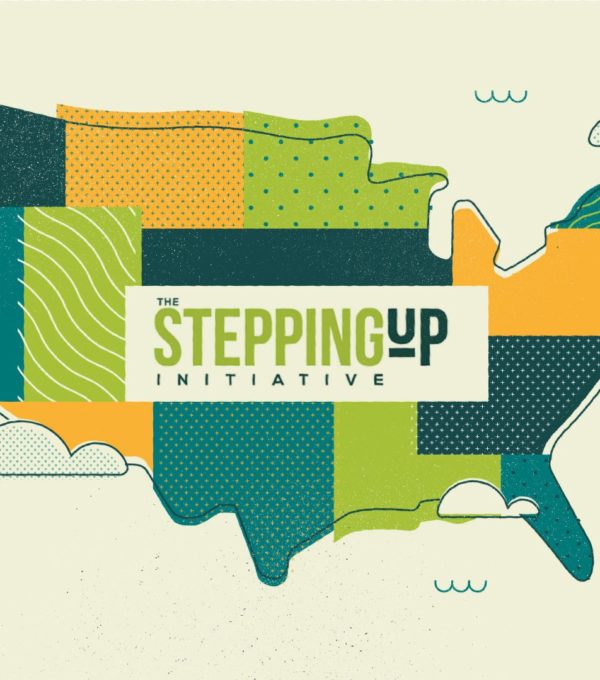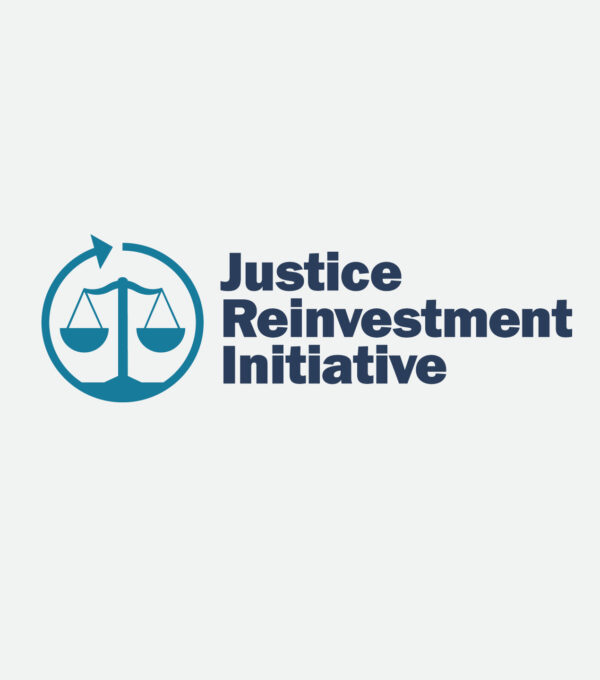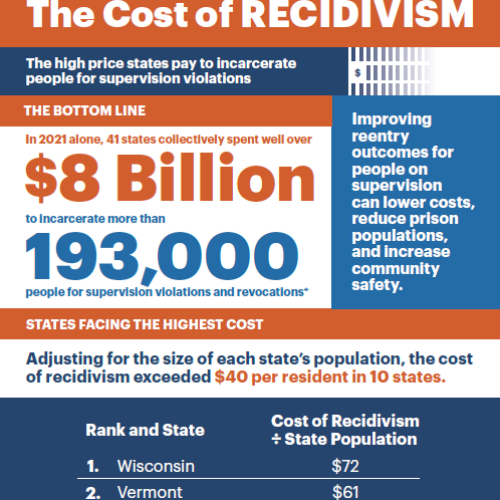Georgia
COVID-19 Assistance for the Justice Community
 The ever-changing nature of the COVID-19 pandemic requires policymakers and criminal justice practitioners to rapidly adapt their day-to-day operations to the situation at hand. While the pace and scale of the crisis can be overwhelming, the CSG Justice Center is committed more than ever to supporting its members—state and local officials working in all three branches of government in criminal and juvenile justice, behavioral health, housing, and labor.
The ever-changing nature of the COVID-19 pandemic requires policymakers and criminal justice practitioners to rapidly adapt their day-to-day operations to the situation at hand. While the pace and scale of the crisis can be overwhelming, the CSG Justice Center is committed more than ever to supporting its members—state and local officials working in all three branches of government in criminal and juvenile justice, behavioral health, housing, and labor.
Georgia Initiatives
In partnership with Georgia state leaders, the CSG Justice Center is working on several key criminal justice initiatives to increase public safety, including Face to Face, Stepping Up, and Justice Reinvestment.

Face to Face creates meaningful interactions between policymakers and people who have…
Read More
A bipartisan group of 33 members of Congress, lawmakers, led by Congresswomen…
Read More
The CSG Justice Center is pleased to announce 5 new members of…
Read More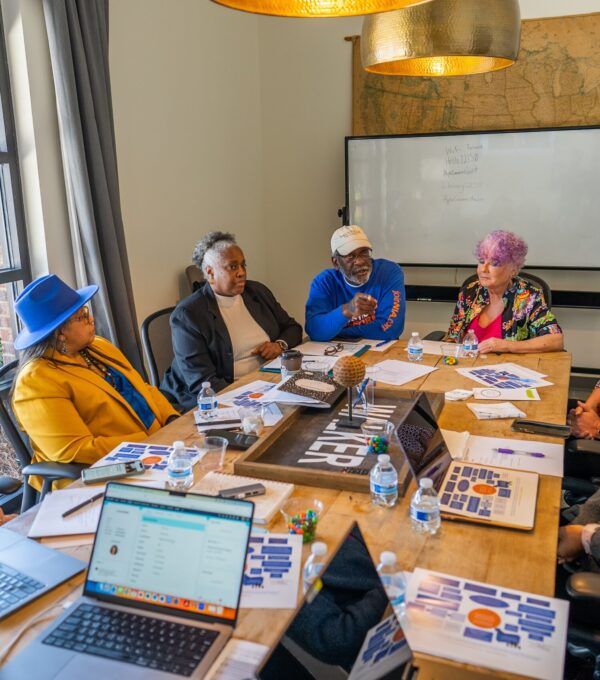
When returning to their communities from criminal justice settings, people with behavioral…
Read More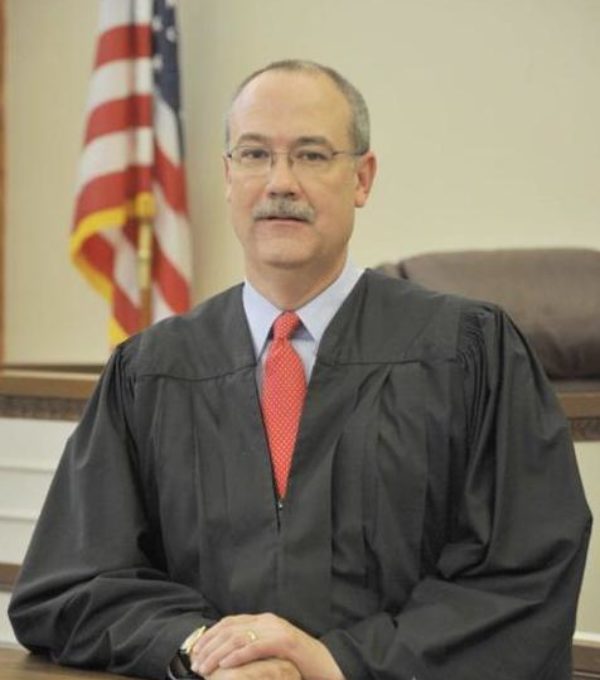
The Judge Stephen S. Goss Memorial Award will recognize one judge and…
Read More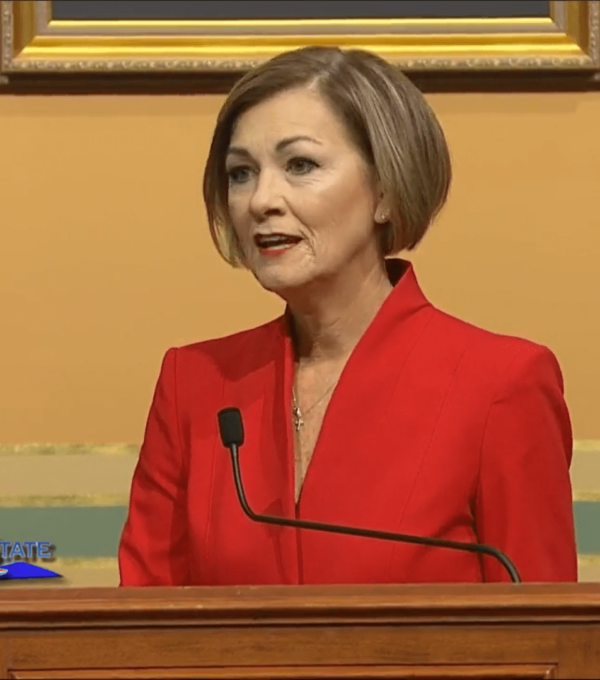
We break down how governors across the country talked about criminal justice…
Read More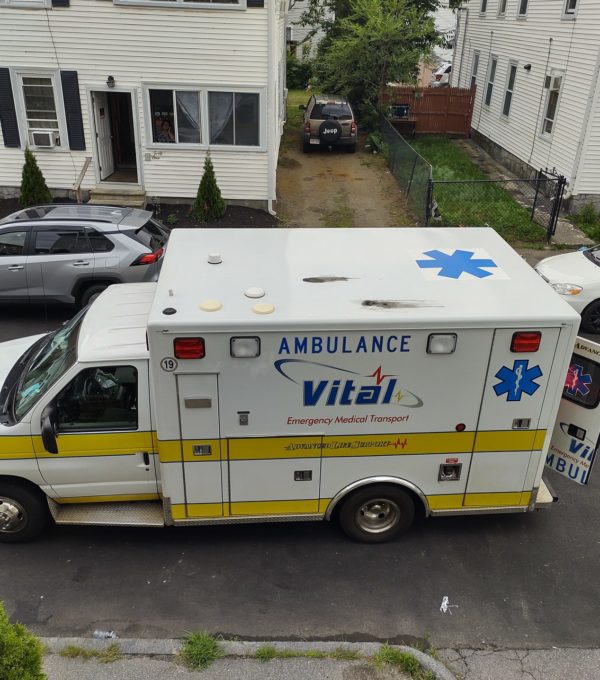
How three counties have committed to improving their systems’ responses to “priority…
Read More
A less-than-four-minute video on ways criminal justice and education professionals can help…
Read MoreArkansas policymakers have long expressed concerns about the state’s high recidivism rate. Over the past 10 years, an…
Read MoreIn April 2025, Arkansas Governor Sarah Huckabee Sanders signed a package of bipartisan criminal justice legislation into law,…
Read MoreAs the Stepping Up initiative marks its 10th year, America’s justice and behavioral health systems are facing a…
Read More Explainer: Key Findings and Options from Arkansas’s Justice Reinvestment Initiative
Explainer: Key Findings and Options from Arkansas’s Justice Reinvestment Initiative
Arkansas policymakers have long expressed concerns about the state’s high recidivism rate. Over the past 10 years, an estimated 72 percent of prison admissions in the state involved people who were revoked from supervision, with unmet substance use and mental health challenges playing a significant role in these failures.
Read More Explainer: How a New Law in Arkansas Tackles Crime, Recidivism, and Community Supervision Challenges
Explainer: How a New Law in Arkansas Tackles Crime, Recidivism, and Community Supervision Challenges
In April 2025, Arkansas Governor Sarah Huckabee Sanders signed a package of bipartisan criminal justice legislation into law, which is designed to increase public safety and improve community supervision. The legislation passed nearly unanimously.
Read More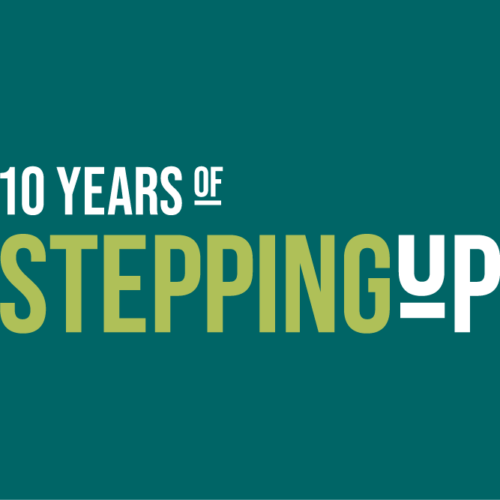 The 10-Year Impact—and Future—of Stepping Up: Facing the Behavioral Health Crisis in Jails and Communities with Real Solutions
The 10-Year Impact—and Future—of Stepping Up: Facing the Behavioral Health Crisis in Jails and Communities with Real Solutions
As the Stepping Up initiative marks its 10th year, America’s justice and behavioral health systems are facing a shared crisis: how to meet the behavioral health needs of people cycling through jails.
Read More










